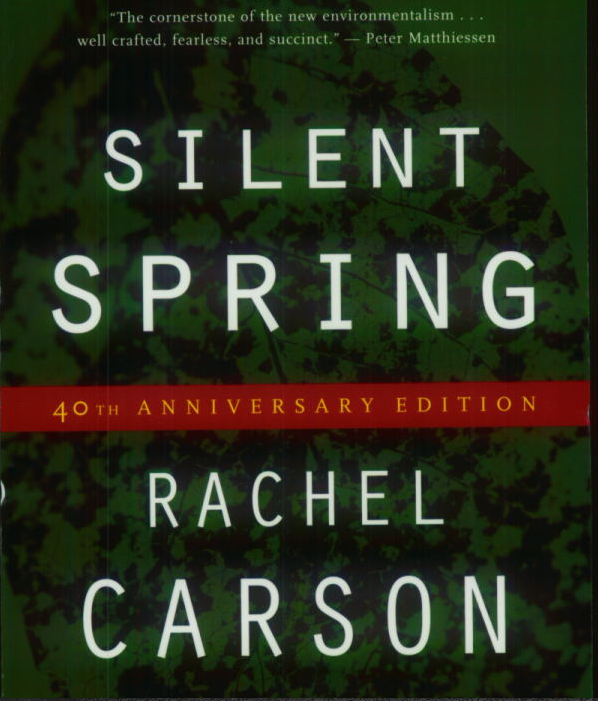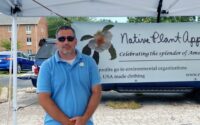Advocacy Journalism Versus Good Journalism
By Christopher Trilleras
Advocacy journalism is a controversial topic when it comes to relating to the general public. In Covering the Environment, Bob Wyss writes that in this type of journalistic writing readers often suspect that the author is harboring a specific agenda which can lead to skepticism and indifference (212, 2008). This genre of journalism can be defined by writing that serves a social, environmental, or political purpose that is influenced by the writer’s view-point.
A great example of environmental advocacy that has made an impact on the public perception on the use of pesticides is none other than Silent Spring by Rachel Carosn. By combining science and a poetic sense of writing, she was able to successfully advocate and change the way U.S. policy was regulating the use of pesticides, specifically DDT. With writing such as, “We spray our elms and the following springs are silent of robin song, not because we sprayed the robins directly but because the poison traveled, step by step, through the now elm lead-earthworm-robin cycle”, Rachel Carson passion for protecting wildlife and forest is displayed and appreciated (Carson, 1962). Although the word advocacy is marked by bias in journalism, in some nations advocates are needed to protect human rights and avoid environmental damage that can be driven by governmental agenda or big fossil fuel companies. In Wyss, the story about Ken Saro-Wiwa is very crucial for society. He was a writer and producer that was driven to protect the Ogoni people as their rights were being violated by the government due to oil extraction that was damaging their land. He was arrested and prosecuted for standing against the government and its ideals (212, 2008). However, if it wasn’t for his reports the story would not have received national attention on the oppressive actions that were hurting the Ogoni people.

Silent Spring by 林國勳
from flickr under Creative Commons license CC BY-NC 2.0
Although advocacy is important for the safety of human rights and the environment, it is important to note that it can be extremely rigid in the terms of fairness and objectivity. Many journalism organizations, such as the American Society of Newspaper Editors and the Society of Professional Journalists, have created a code of ethics for journalists that is completely in opposition to advocacy journalism. This is because these organizations believe journalists should be as independent, impartial and able to acquire accurate content that is free from bias. From a reader standpoint, it is important the audience knows the accuracy of the writing is fair and not influenced by any third party. If the interpretation and analysis of the story’s content is geared toward the journalist specific agenda, this can be considered propaganda which can lead to distrust from the public.
One of the tenets of good journalism that Wyss suggests reporters should follow is accuracy. It is important for a story to be factual and to have sources that are properly identified. The InsideClimate News article “To Meet Paris Accord Goal, Most of the World’s Fossil Fuel
Reserves Must Stay in the Ground” does a great job at following this tenet by having exact models and data cited by Nature, a well known scholarly journal(Kusnetz 2021). With quotes from scientists and references from different scientific articles, the accuracy of this new article is well formatted especially for an environmental piece focusing on immediately reducing fossil fuel production to keep global temperatures from rising more. Undergoing the SIFT process was quite easy in this news article. InsideClimate News has won a Pulitzer Prize and is a nonpartisan new organization that provides reports on the environment for the public and decision makers. Also when investigating the news article, I found other reports similar to the story that was provided in the article. Finally, the article does a great job in being objective and citing scholarly articles.
Sources:
Carson,Rachel. 1962, Silent spring. Boston : Cambridge, Mass.: Houghton Mifflin
Kusnetz, Nicholas. 2021, September 8, “To meet Paris Accord goal, most of the world’s fossil fuel reserves must stay in the ground.” Inside Climate News.
Wyss, Bob. Covering the environment: How journalists work the green beat. New York: Routledge, 2008. Print.
